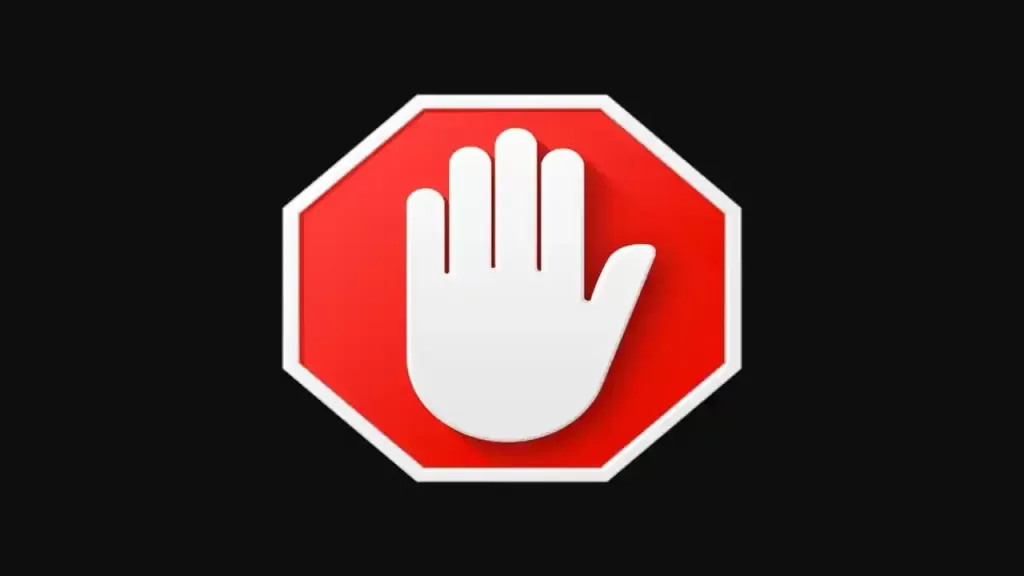YouTube Blocks Users with Ad Blockers: What You Need to Know

YouTube is Blocking Ad Blockers: What You Need to Know
YouTube is taking a hard stance on ad blockers, preventing users who are actively using them from watching videos on the platform. If YouTube detects ad blocking software, it will display a pop-up message and stop playback of the video. The alert states that ad blockers are not allowed on YouTube, and that ads are an essential part of the service. Users are given three options: allow YouTube ads, sign up for YouTube Premium, or ignore the message. If users disregard the alert, YouTube will let them watch several videos before showing the notification again. However, after three strikes, users will be unable to watch any videos until they disable their ad blocker or subscribe to YouTube Premium.
Why is YouTube doing this?
YouTube relies on advertising revenue to keep its service free and accessible to everyone. Ad blockers prevent users from seeing these ads, which can hurt the company’s bottom line. Additionally, YouTube argues that ad blockers can interfere with the user experience, as they can break certain features on the platform.
Who is affected by this policy?
Anyone who uses an ad blocker to watch YouTube videos is affected by this policy. This includes people who use ad blocking extensions for their web browser, as well as people who use dedicated ad blocking apps.
What can users do?
Users have three options: allow YouTube ads, sign up for YouTube Premium, or disable their ad blocker.
- Allowing YouTube ads is the simplest option. Users can do this by clicking the “Allow Ads” button on the pop-up message that appears when they try to watch a video with an ad blocker enabled.
- Subscribing to YouTube Premium is another option. YouTube Premium is a paid subscription service that removes ads from videos, and also offers other benefits such as background playback and offline downloads.
- Disabling their ad blocker is the third option. Users can do this by disabling the ad blocking extension or app that they are using.
What do users think?
Users have mixed reactions to YouTube’s new policy. Some people are supportive of the move, arguing that it is necessary to protect YouTube’s revenue and ensure that the service remains free. Others are critical of the policy, arguing that it is unfair to users who rely on ad blockers to protect their privacy or to improve their user experience.
YouTube’s new policy is likely to have a significant impact on how people watch videos on the platform. It is important for users to be aware of the policy and to choose the option that is best for them.





